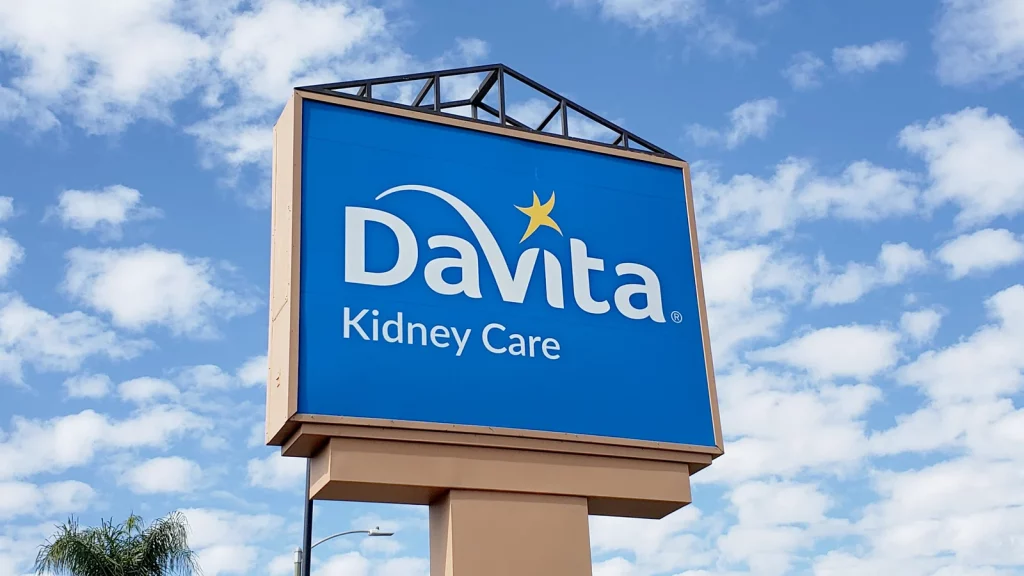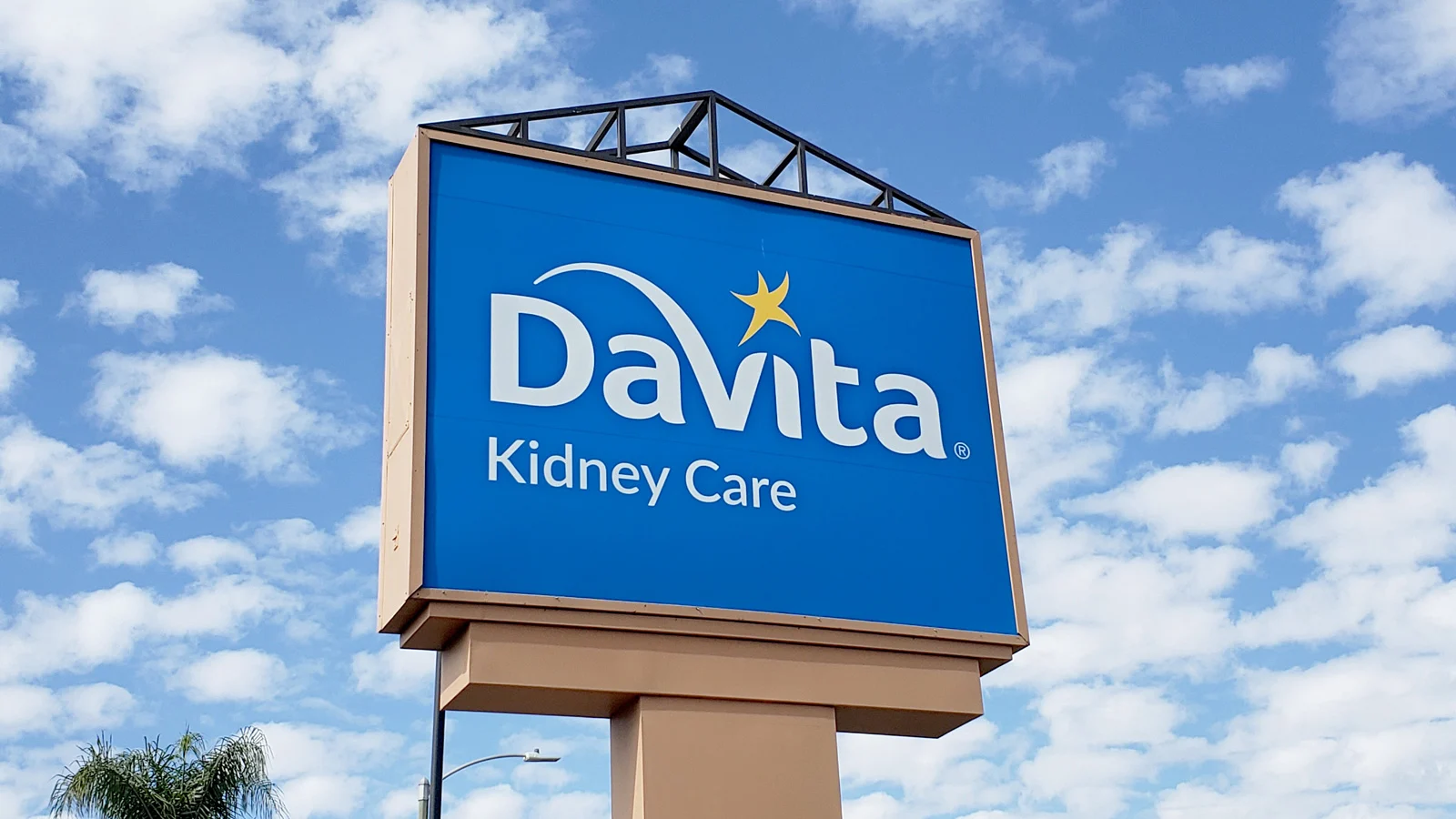
DaVita, one of the top US providers of kidney care, was hit by a ransomware attack on April 12, 2025, that shut down parts of its business. It serves to remind us of the growing susceptibility of healthcare infrastructure and poses important questions about the readiness and responsiveness of medical facilities to cyberattacks.
What Went Wrong?
DaVita confirmed it was the victim of a ransomware compromise on certain systems. While the company refused to identify the ransom group involved in the breach and the terms of the compromise, preliminary reports are that core parts of its internal network had been encrypted, which forced the provider of healthcare to transition to contingency operations at certain of its facilities.
The attack, however, remains to be associated with any specific ransomware-as-a-service (RaaS) gangs, even though security experts say the infection vector might be through typical vectors like:
- Phishing emails
- Remote Desktop Protocol (RDP) compromise
- Supply chain compromise
Why Healthcare?
Healthcare facilities are one of the prime targets of ransomware attackers. They handle highly personal data, operate time-critical operations, and typically do not have the same type of cyber-infrastructure security as other sectors.
To attackers, that means:
- Valuable patient information can also be exchanged on the dark web.
- Hospitals might more readily pay the ransom sooner to prevent life-threatening disruptions.
- Most use legacy systems that are hard to secure.
In the case of DaVita, the company serves more than 200,000 patients in a variety of nations. Even a suspended operation can have a disproportionate ripple effect.
Response and Recovery
DaVita reported that it engaged its third-party security experts and law enforcement immediately. No specifics were revealed regarding data exposure, though the company said treatment of the patient continues, though in some modified workflows.
As of today:
- No breach is listed on ransomware breach sites
- We don’t know if DaVita paid or will pay a ransom
- Incident response is ongoing and there will be further updates in the coming days
Lessons for the Industry
This attack underscores the imperative need of healthcare organizations to:
- Modernize IT infrastructure on a security-first architecture
- Implement zero trust policies and network segmentation
- Regular employee training in phishing and social engineering
- Back up data offsite and test disaster recovery procedures consistently
The DaVita incident serves as a reminder that even big, heavily funded organizations can fall victim to cyberattacks — and especially in healthcare, where the price of failure isn’t in dollars, it’s in lives.




